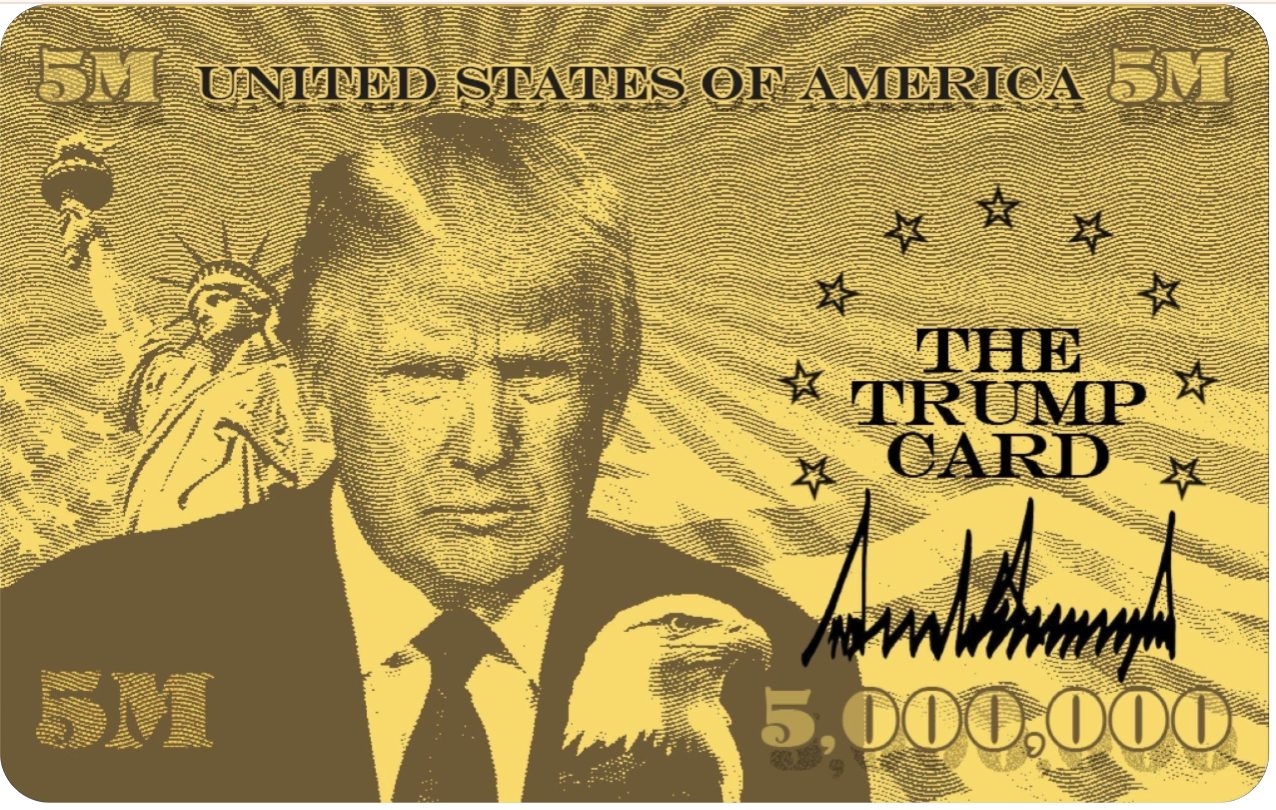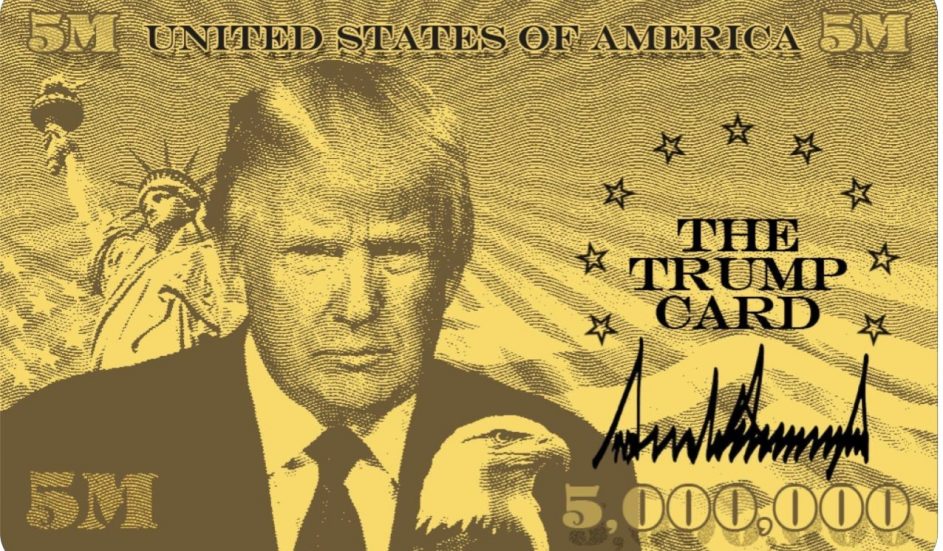

A $1 Million Shortcut to a Green Card?
On September 19, 2025, former President Donald J. Trump signed an executive order establishing the so-called Gold Card program, a newly designed visa initiative that promises expedited green card processing for individuals who donate $1 million to the U.S. Department of Commerce. A parallel provision allows corporations or employers to contribute $2 million on behalf of a beneficiary, potentially offering a tax advantage subject to IRS rules.
According to a report by Newsweek, applicants who participate in the program will be considered for lawful permanent residence under the EB-1 (extraordinary ability in business) or EB-2 (advanced degree holders or persons of exceptional ability with national interest waivers) immigrant visa categories. The program is slated to begin accepting applications on December 19, 2025.
This executive action marks a sharp departure from the traditional merit-based criteria used to determine immigrant eligibility. While existing immigration categories already consider business success and national interest, the executive order allows the financial donation itself to serve as prima facie evidence of those qualifications—an unprecedented move.
What the Executive Order Actually Says
The executive order, published on TrumpCard.gov, directs the Departments of Commerce, Homeland Security, and State to coordinate on an expedited process for reviewing applicants who have contributed financially. The language specifies that such donors “may be presumed to qualify” under EB-1 or EB-2 standards, creating a presumption that can potentially bypass the usual documentation hurdles.
Critically, the order does not eliminate background checks, national security screening, or annual visa caps established under the Immigration and Nationality Act (INA). But it does give significant discretion to the Commerce Secretary—Howard Lutnick, a longtime Trump ally—to evaluate and advance these applications as high-priority cases.
Legal Experts Raise Concerns
Immigration attorneys across the country are carefully analyzing the legality of this program. While the executive branch has broad discretion in interpreting and implementing immigration rules, critics argue that turning a monetary donation into a visa-qualifying credential may violate the spirit, if not the letter, of U.S. immigration law.
In the EB-1 and EB-2 categories, applicants must typically show evidence such as international awards, published research, or proven impact in their field. Whether a $1 million gift to the Commerce Department can replace those benchmarks is likely to face legal challenges. Additionally, some constitutional scholars have questioned whether the plan constitutes a “pay-to-stay” scheme that undermines the equal protection principles of the INA.
Others have drawn comparisons to the long-standing EB-5 Immigrant Investor Program, which requires investments of $800,000 to $1 million into U.S. job-creating ventures. But unlike EB-5, which mandates specific investment structures and job creation metrics, the Gold Card program involves no direct investment in the U.S. economy, only a donation to a federal agency.
The Platinum Card Myth: No, You Can’t Buy Tax-Free Residency
The rumor mill has also churned out misleading claims about a so-called Trump Platinum Card, purportedly offering wealthy foreigners the ability to live in the United States for up to 270 days per year tax-free in exchange for a $5 million payment.
According to legal experts and fact-checkers, no such policy exists. As reported in Newsweek, there is no executive authority that permits a president to exempt individuals from U.S. tax laws. Any changes to tax residency rules must come from Congress—not the White House.
The Trump Administration has confirmed that only the Gold Card is real policy at this time. The Platinum Card exists solely in speculative or promotional materials and holds no legal standing.
What This Means for High-Net-Worth Immigration Clients
The Gold Card program offers a potentially faster and less documentation-intensive route to permanent residency for foreign nationals with the financial means to donate to the U.S. government. However, it remains to be seen how consulates, USCIS adjudicators, and federal courts will respond to this abrupt reinterpretation of eligibility standards.
For qualified clients, preparing an application strategy before December 19, 2025 will be essential. This includes gathering supplemental documentation to bolster claims of extraordinary ability or national interest, even if the donation triggers presumptive eligibility.
Immigration law remains complex and rapidly evolving, and clients should proceed cautiously when considering participation in politically volatile initiatives like the Gold Card.
Spar & Bernstein Can Help You Navigate the New Gold Card Landscape
At The Law Offices of Spar & Bernstein, we have more than 60 years of experience helping clients obtain U.S. immigration benefits through legal, business, and investment channels. Our team of seasoned immigration attorneys is fully prepared to:
-
Evaluate your eligibility under the Gold Card executive order
-
Prepare and file all necessary immigration and financial documentation
-
Help you explore EB-1 or EB-2 eligibility with or without a financial donation
-
Protect your rights during consular and USCIS adjudication
-
Provide tax and corporate structuring referrals to ensure compliance
Don’t navigate this unprecedented immigration pathway alone. If you’re considering a donation under the Gold Card program, or simply want to explore legal permanent residency options through extraordinary ability or national interest categories, contact Spar & Bernstein today.




